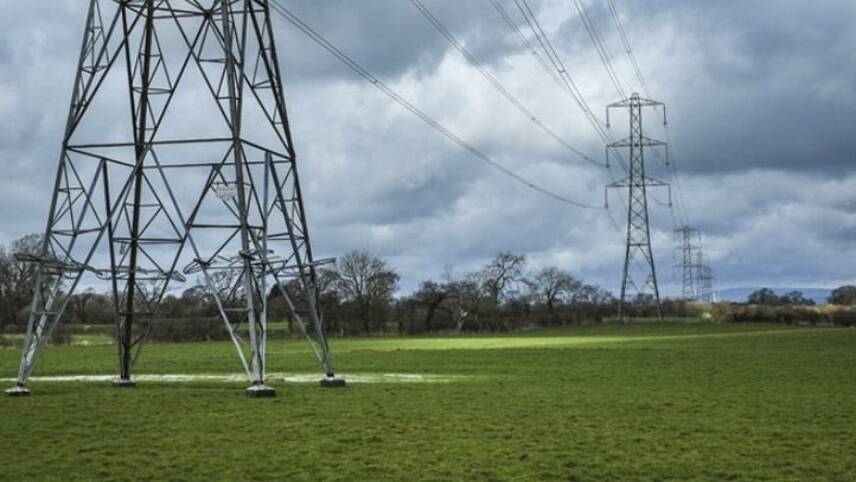Register for free and continue reading
Join our growing army of changemakers and get unlimited access to our premium content

The PAC does not believe that the private sector has been guided by policy to confidently invest in the right solutions
The Government stated in 2021 that it intends to shift all electricity generation to clean sources by 2035. This would mean the entirety of the nation’s electricity generation mix would be accounted for by renewables – primarily wind and solar – as well as nuclear.
MPs on the Public Accounts Committee (PAC) have warned that the Government has so far failed to create a centralised delivery plan for this ambition. In a new report published today (21 June), the PAC notes that many of the Government’s plans to decarbonise the power sector are segmented across various documents, rather than sitting under one, overarching strategy.
The PAC warns that plans to decarbonise the grid by 2035 could be jeopardised by this approach. MPs are calling for an integrated delivery plan to be published by autumn 2023 at the latest.
PAC’s chair, Dame Meg Hillier MP, said: “What is the plan? It has now long been understood and accepted that greening our economy is an existential priority, with the Government setting itself the target of securing an entirely low-carbon power supply by 2035. But without a coherent delivery plan to get there, the Government will find it harder to know what decisions it must take, and when, to ensure that it can realistically reach its ambitions.
“There are just twelve years left for the Government to meet its low carbon energy target, and much still to do if this is to be achieved – and at a cost the taxpayers and bill payers can bear while ensuring the lights stay on. There is an information vacuum in key areas – energy efficiency, investment, the cost of the transition to the public – that must be addressed. We need an overarching plan charting the way, to provide much-needed confidence to the businesses and consumers who are needed to deliver it. When it comes to tackling the climate crisis, we can see around us, we are already living on borrowed time.”
By the Government’s own estimates, up to £400bn in public and private investment is needed in new clean energy generating capacity by 2037. However, the PAC does not believe that the private sector has been guided by policy to confidently invest in the right solutions.
The report criticises the numerous “stop-start approaches” from the Government, including those on environmental tax measures, low-emission cars and the Green Homes Grant Voucher Scheme.
The PAC is also unsure about the Government’s plans to expand nuclear, solar and wind in time for the 2035 deadline. The Government is yet to outline how these expansions will impact consumer energy bills as the costs to build, maintain and operate the power system are usually passed onto consumers.
In March, research from the Climate Change Committee (CCC) warned that the UK was off-track to meet this target.
The CCC has today warned that while emissions from the power sector have fallen by 69% since 2010, more needs to be done to create and deliver the infrastructure required for a net-zero sector. The report states that infrastructure must be deployed “at a much greater pace than the present” and that much of the net-zero electricity system is yet to be built.
The CCC states that accelerating efforts to decarbonise the power sector would bring notable benefits for the wider net-zero transition. A net-zero power sector would act as the bedrock to fully decarbonise other sectors, like transport, industry and heat. It would also reduce reliance on gas and exposure to volatile international energy markets by focusing on homegrown renewables.
The recommendations would complement the Government’s Energy Security Strategy, which was published one year ago. The Strategy increases the UK’s 2030 target for installed offshore wind capacity from 40GW, an ambition first set in 2020, to 50GW. The Strategy also reiterates the removal of VAT for panels that will be installed on homes and other buildings.


The concept that we should rely on wind and solar, with nuclear, to provide all our power, is, to me, from the technical viewpoint, quite frightening, for some time to come.
Can these proponents be technically aware of the snags and pitfalls potentially round the corner??